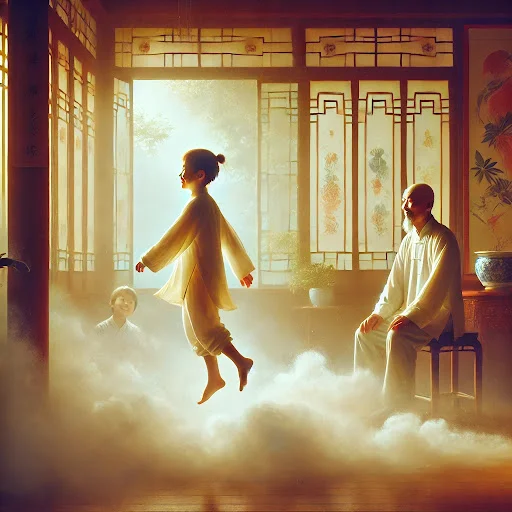They arrive unsettled, their small frames weighed down by a world too vast, too demanding. Some are anxious, others irritable, their nervous systems frayed by stimuli too great to bear. But as the treatment unfolds, something changes. Their tension eases, their breath deepens. By the time they rise from the table, they are transformed — lighter, brighter, as if an invisible burden has been lifted. They leave with a spring in their step, their feet barely touching the ground, as if walking on air.
Their parents — ah, the parents — watch it all in quiet perplexity. It is not their skin that feels the change, not their bodies that sense the shift. They only know that it works, though how or why remains a mystery to them. Shonishin, a technique so beguilingly simple to the untrained eye, holds a depth that cannot be measured in needles or pressure alone. Its true power lies in the Qi it sets in motion, the gentle yet profound ripple of energy that restores harmony where it was once lost.
And movement, dear reader, is more than mere motion — it is the pulse of hope, the quiet promise of renewal. It is the lifeblood of those who still dare to dream, who still believe in the possibility of change.


Comments
Post a Comment